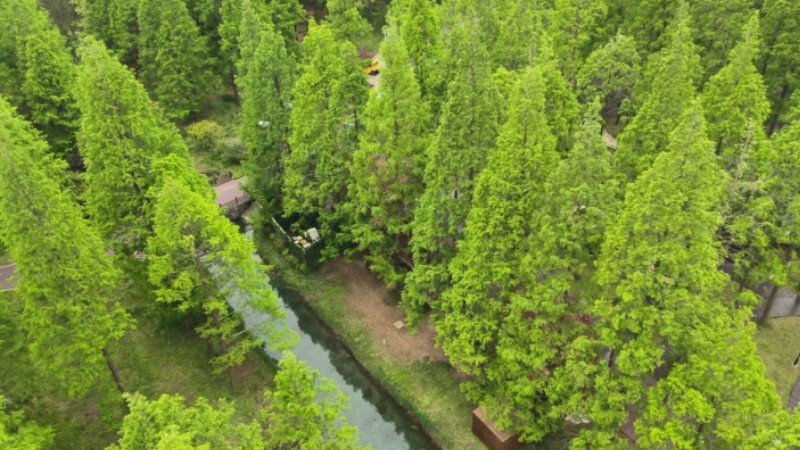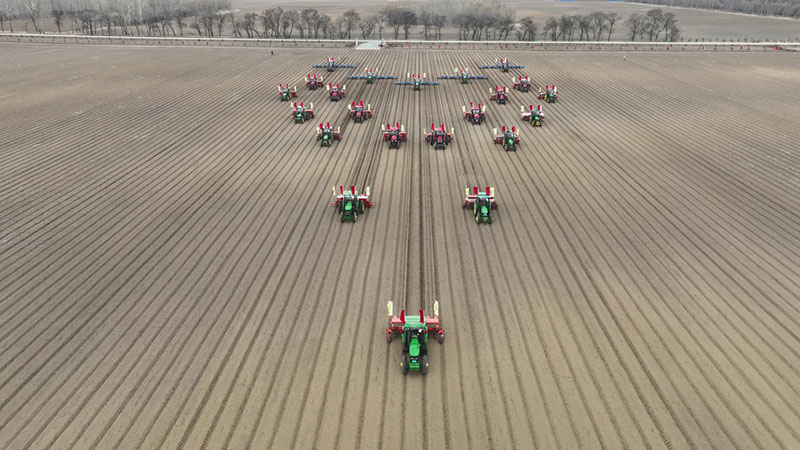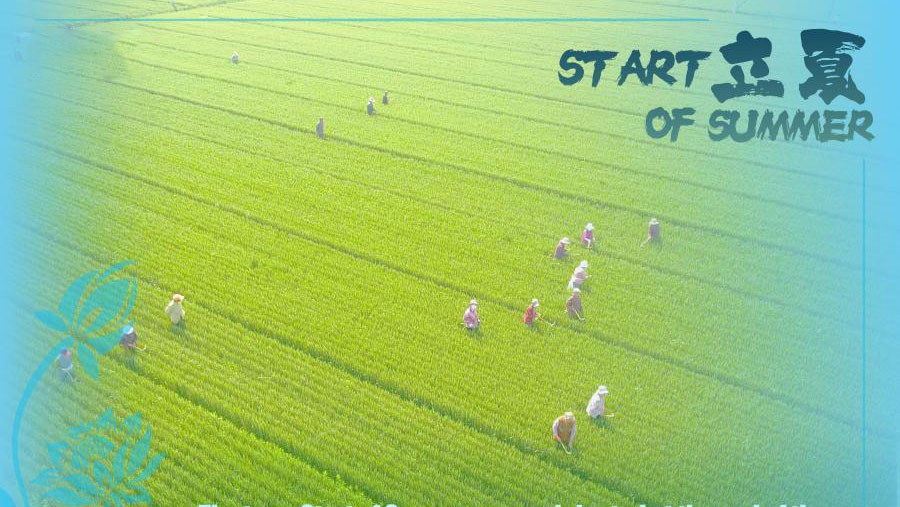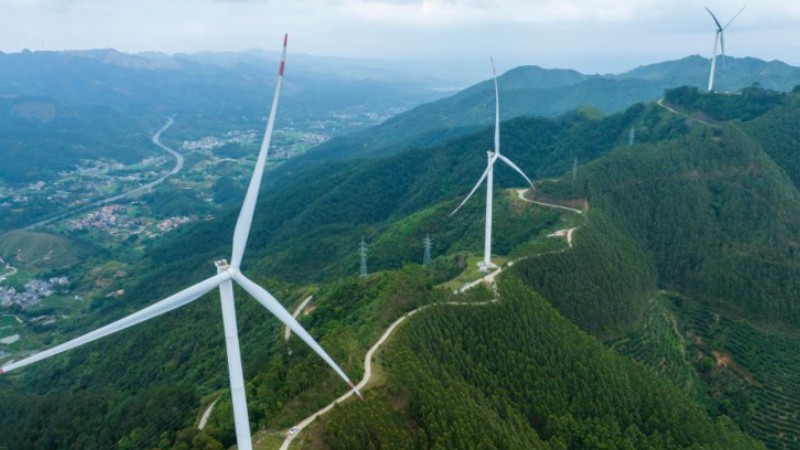Oil tea industry brings wealth to southwest township
GUIYANG, May 8 (Xinhua) -- Every morning at around 7 o'clock, Li Guanrong, 65, walks to a nearby hill covered with oil-tea camellia trees, a habit he has kept for over a decade.
After his retirement in 2009, Li returned to his hometown of Jufeng Township in Shiqian County, southwest China's Guizhou Province. Together with his brother, he contracted a wild oil-tea base of more than 5,000 mu (about 333.33 hectares).
With an average altitude of around 1,000 meters, Jufeng Township is warm in winter and cool in summer. Since ancient times, the local people have planted oil-tea camellia, a vital source of edible oil obtained from its seeds.
Du Chao, deputy Party chief of the township, said in recent years, relying on the local wild oil-tea resources of more than 100,000 mu, Jufeng has built a modern ecological oil-tea demonstration park.
"These oil-tea trees are our money-spinner," Li said, standing at the top of the hill and looking out over the green camellia trees.
"Camellia trees have well-developed roots, which can conserve water and prevent soil erosion. Tea seeds can produce oil, while the pressed cakes of tea seeds can also be made into daily chemical supplies and fertilizer," he said.
To increase the added value of camellia trees, Li founded a company in 2011 and built a processing plant covering about 7,000 square meters. After over a decade of development, the company's sales volume of tea-seed oil increased from less than one tonne at the beginning to more than 90 tonnes in 2019, creating about 3,000 jobs annually on average.
Over the years, as the market demand for tea-seed oil increased year by year, Li seized the opportunity to develop camellia oil series products and sold them to the metropolises of Beijing, Shanghai, Guangzhou, and Shenzhen, with the annual output value of up to 15 million yuan (about 2.17 million U.S. dollars).
"Previously, the wild camellia trees in the mountains were neglected. In addition to picking some tea seeds for oil consumption, other seeds would rot in the fields," said Liao Mingxuan, a 68-year-old villager with more than 50 mu of oil-tea forests in Liaojiatun Village of Jufeng Township.
"Now, with the establishment of the industry and the development of the market, everyone attaches importance to these oil tea trees. Each picking season, a person can pick about 100 kg of tea seeds daily, bringing an additional income of over 10,000 yuan," Liao said.
According to Liao, their tea seed production increased by 40 percent through the scientific management of oil-tea forests.
"The villagers' awareness of protection and scientific management of camellia trees has greatly improved," Li said. "They don't cut wood in the hills like they used to, and they don't even trim the branches of the camellia trees."
Photos
Related Stories
Copyright © 2023 People's Daily Online. All Rights Reserved.









